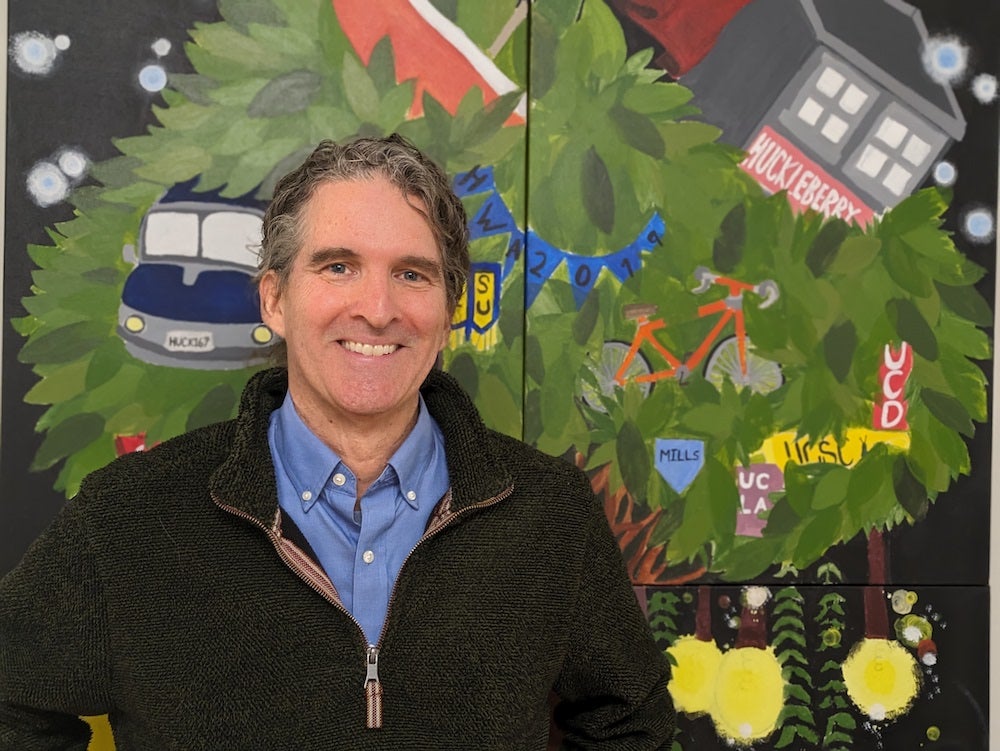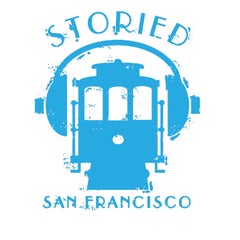
In Part 2, we really get into the meat of what Huckleberry Youth is and how it got started. You know, I keep finding out ways in which our city pioneered things for the nation. I recently saw the upcoming Carol Doda documentary and learned that she was the first topless dancer in the US. And in this episode, we hear from Doug and Denise something very important that Huckleberry Youth did before anyone else. And of course, at the time they did it, it was illegal.
1967 is also known as the "Summer of Love" in San Francisco. And that meant young people from all over the country and world flocked to our city to find whatever it was they were looking for. Not all of them were lucky. Many faced hardship, having trouble finding shelter, making friends, and getting sick or addicted to drugs. A group of faith-based organizations and folks in the nonprofit world got together to do something about it, and Huckleberry House was born.
But back then, both being a youth runaway was illegal, and, if you provided shelter for a runaway, it was considered aiding and abetting. Huckleberry House was the first such shelter for runaway youth in the country.
But all it took was one complaint from a parent. SFPD raided the house and arrested youth and staff alike. Now they needed a lawyer, and they found one in a young man named Willie Brown. The future mayor got the charges dropped, and Huckleberry House reopened in February 1968. It has been in legal operation ever since.
Denise and Doug talk about several programs that Huckleberry Youth has established over the years. One such program was HYPE, established in the 1980s to help young people with HIV/AIDS. They give thanks and respect to Huckleberry's own Danny Keenan—the first to say, in effect, "We need to have kids talking to kids" to address problems like young people who are sick.
I bring up the fire at their Geary Boulevard administrative offices back in 2019 because I witnessed it (I live not too far from there). The office had been at Geary and Parker for more than 30 years. The fire in front of Hong Kong Lounge 2 destroyed memorabilia and photos at Huckleberry's office, but they were able to save a lot too.
During COVID, Huckleberry House stayed open and even took in new youth. Partly because of the fire, they had been moving a lot of admin stuff online before the pandemic, so they were able to make that transition.
The conversation then shifts to kids who come to them addicted. Huckleberry gets those youth into its justice program, known as CARC (Community Assessment and Resource Center). Denise tells this story, because she was at Delancey Street when the program started in 1998 (see Part 1 of this podcast). It turned out to be too much for that nonprofit, and so they handed it over to Huckleberry 2000. Doug and Denise estimate that the program has helped at least 7,000 individuals, and possibly as many as 10,000.
We end this episode with Denise and Doug responding to our theme this season: "We're all in it."
Go to Huckleberry.org to donate and learn more about all that they do to help underserved youth in San Francisco.
We recorded this podcast in December 2023 at Huckleberry Youth's administrative offices on Geary.Subscribe to Podcast
https://storiedsf.libsyn.com/rssOr, search for “Storied: San Francisco BFF.fm” anywhere you listen to podcasts.

